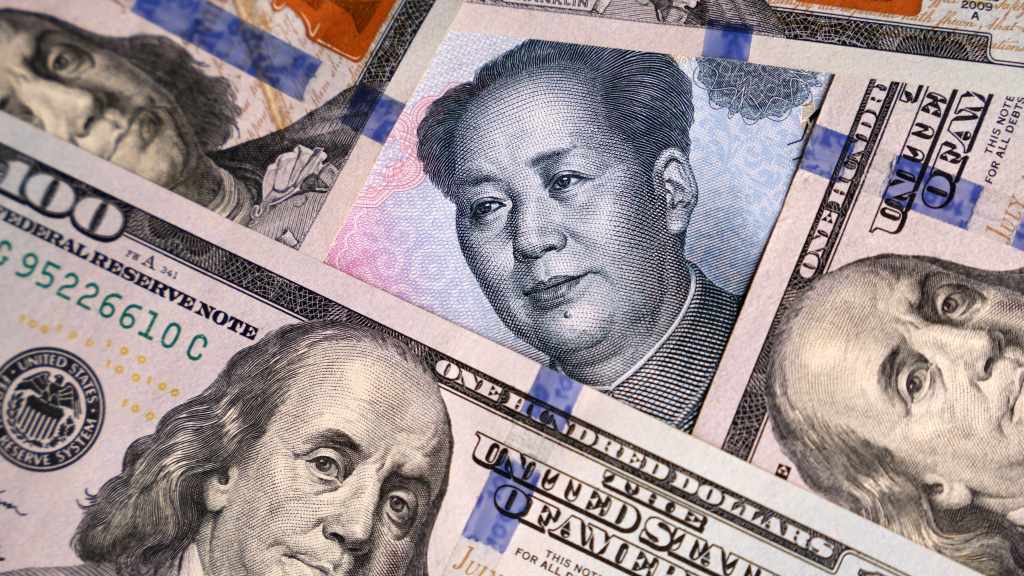In the noughties, China itself was still a developing country. Now the People's Republic is one of the world's most important lenders. This creates new dependencies. But China is also cancelling some of its debts. In an interview with the daily newspaper taz, urgewald expert Dr. Nora Sausmikat describes China's ambivalent role as a financial backer in countries of the Global South.
taz: Ms. Sausmikat, Western politicians are warning about the increasing financial dependence of many countries on China. Is that right?
Nora Sausmikat: That is difficult to answer. The institutional financial architecture in China, as well as the allocation practices, are different from traditional
Western donors. It is often unclear for what purpose the money is given. The question of the conditions under which the funds are granted is also often
often not answered. The fact is, according to the Institute for the World Economy, the world owed China more than $5 trillion at the end of 2017. Since 2009, the People's Republic has been
larger lender than the United States. Chinese loans have helped many countries, but at the same time have contributed to countries that were previously
already in debt have been plunged into an even greater debt crisis.
What are the consequences for the countries concerned?
They become dependent. Djibouti, for example, is indebted to China to the tune of $1.4 billion. That is equivalent to two-thirds of its economic output. Or Sri Lanka: The country recently had to cede its port to a Chinese state-owned company. Twelve states now have payment difficulties and are hardly in a position to repay the loans to China. States such as Zimbabwe, Mozambique and South Sudan are practically insolvent. Of course, these are cumulative
debts that are not only China's fault. But Chinese lending is making the situation worse. At the same time, however - and this must
must also be emphasized - China is pursuing a debt relief policy.
In what form?
China has rescheduled a total of $45 billion in debt to 59 countries, according to a recently published study by erlassjahr.de. 9.4 billion
Dollars of it were even forgiven completely.
Does China tie such debt relief to political conditions?
Officially, of course, this is denied. But de facto it is the case that political conditions are imposed. Many of these borrowing countries are
are not democratic states. Ultimately, it is the ruling elites in these countries who are driving their countries to ruin. They are often corrupt and
use the loans for their own purposes. As a result, this credit crisis spiral is stretched to the limit. China's political influence in these
extremely high in these countries. It is often said that many countries accept Chinese loans because China, unlike the countries of the West, does not impose any conditions and does not interfere politically.
Is that true?
No, I wouldn't say that. Many Chinese loans are not targeted development aid, but commercial. These companies are
very closely intertwined with the ruling elite in many of these countries.
What do people in the affected countries think of China's investments?
Pakistan is an example of how much the assessment of the people and that of the government diverge. The official narrative is China-friendly.
However, in the course of construction in the port of Gwadar, when there was no drinking water, there was violence and attacks on Chinese workers there.
Similar reports are heard from other countries. However, unlike the Europeans, the Chinese do not have a colonial past in these countries. That was the bonus that China had in the noughties as a new development financier in the countries of the Global South. After the negative experiences,
not least with the IMF and the World Bank, came an actor that lent without a postcolonial attitude. In the meantime, there has been a rethink in many African
African countries are rethinking their position. China's aid is not selfless. And if the investments do not yield the desired profit, there can be draconian penalties from the Chinese side. This bonus, which China had at the beginning, has already been squandered.
(The interview was conducted by Felix Lee)


